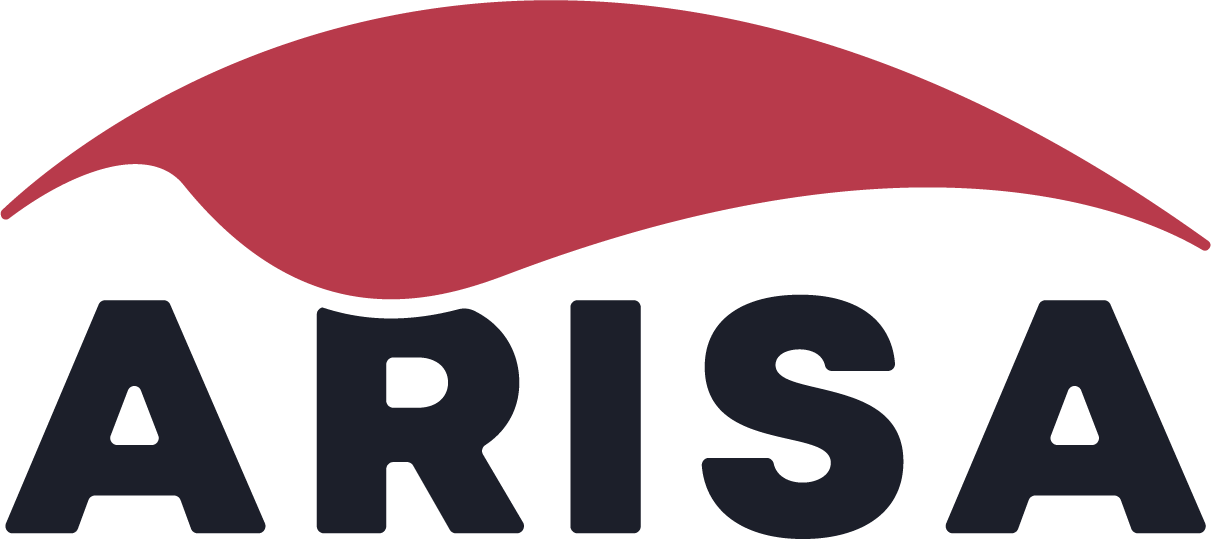When Arisa identifies abuses in production chains, we approach companies and point out the need for due diligence.
Read more below.
Due diligence literally means “with due care” or “with the necessary care”. In the context of international corporate social responsibility, due diligence is specifically about due care with regard to human rights and the environment, that is, avoiding involvement in human rights abuses or environmental damage in one’s own company and in its supply chain.
This form of due diligence takes into account human rights, including labour rights, and the risks that business activities pose to society and the environment. This is in contrast to financial due diligence, which focuses on the risks to, and the rights of, the company itself.
The purpose of due diligence
Due diligence in international corporate social responsibility should lead to improvements in the supply chain and prevent abuses from occurring. In addition, where abuses do occur, due diligence should also provide victims with access to redress and remedy.
The need for due diligence is set out by the United Nations in the UN Guiding Principles on Business and Human Rights (UNGPs) and extended by the Organisation for Economic Co-operation and Development to include the environment in the OECD Guidelines for Multinational Enterprises. The Dutch government’s Responsible Business Conduct policy also requires companies to exercise due diligence.
Some countries have introduced a legal duty of due diligence. Legislation is under development in both the Netherlands and the European Union. In 2023, the Corporate Sustainability Reporting Directive (CSRD) entered into force. In 2024, the EU member states agreed to give a green light to the long-awaited Directive on Corporate Sustainability Due Diligence (CSDDD).
Due diligence according to the OECD
The OECD Guidelines define due diligence as “the process through which enterprises can identify, prevent, mitigate and account for how they address their actual and potential adverse impacts as an integral part of their decision-making processes and risk management systems”.
The focus of due diligence is not on risks to the company, but on the rights of, and the risks of negative impacts on, other stakeholders, such as employees and local communities.
Practice guidelines
The OECD Due Diligence Guide is the most widely accepted international standard for due diligence. It is also the starting point for Arisa. Following the OECD Guide, we see due diligence as consisting of six steps that form a continuous process:
Step 1: Integrate social responsibility into policies and management systems.
Step 2: Identify and assess actual and potential negative impacts.
Step 3: Stop, prevent or mitigate negative impacts.
Step 4: Monitor implementation and results.
Step 5: Communicate how impacts are being addressed.
Step 6: Provide or cooperate in remedial action.
Arisa and due diligence
When Arisa identifies abuses in supply chains, we engage with companies to highlight the need for due diligence. Sometimes Arisa remains in dialogue with a company or participates in a long-term collaboration, such as a multi-stakeholder initiative. The aim is always an effective approach that leads to real improvements in the chain. You can read more about Arisa’s approach here.
Based on practical experience, Arisa highlights a number of aspects of due diligence that have proven critical in addressing abuses. These include:
Looking deep into the supply chain
Due diligence should cover the company’s entire value chain, however complex and long it may be. Research often shows that most – and the most serious – abuses take place deep in the chain. In some sectors, companies have taken steps to understand and improve the situation in their direct suppliers, but abuses continue in abundance further down the chain.
Efforts should therefore not be limited to direct suppliers. Indeed, focusing only on the direct supplier may lead to a shift of abuses to elsewhere in the chain. Including the entire value chain means not only the production chain, but also risks to the user and risks arising from waste treatment or product recycling. The OECD Guidelines explicitly include the ‘upstream’ chain.
Vanuit haar praktijkervaring benadrukt Arisa een aantal aspecten van due diligence die cruciaal zijn gebleken om daadwerkelijk schendingen op te lossen. Dit zijn onder meer:
Putting workers first
Due diligence is about protecting human rights, including labour rights. If the due diligence approach focuses too much on procedures, codes and internal or external audits, the experience of workers can be lost. Workers throughout the chain should be at the centre of due diligence.
Workers may be represented by trade unions or similar organisations. Trade union freedom is an important labour right that companies should respect.
Living wage
An essential element of the solution to many human and labour rights abuses in international supply chains is a decent wage for workers. The absence of a living wage is a rights violation in itself and often the root cause of other common abuses such as child labour, excessive overtime and forced labour.
Living wages are proving to be a difficult issue but should be high on companies’ agenda. Tools such as the Asia Floor Wage Alliance’s country-by-country living wage calculations can be used to this end.
Read about other due diligence priorities below
Stakeholder engagement
Information from stakeholders - especially local stakeholders - in the due diligence process is an essential complement to risk assessments, which are often one-sidedly based on audits.
Read moreSupply chain transparency
Human and labour rights abuses are better identified and addressed when companies disclose their supply chains.
Read moreGrievance mechanism
Effective grievance mechanisms, or complaints mechanisms, are a critical part of the due diligence process for companies committed to respecting human and labour rights in their supply chains.
Read more